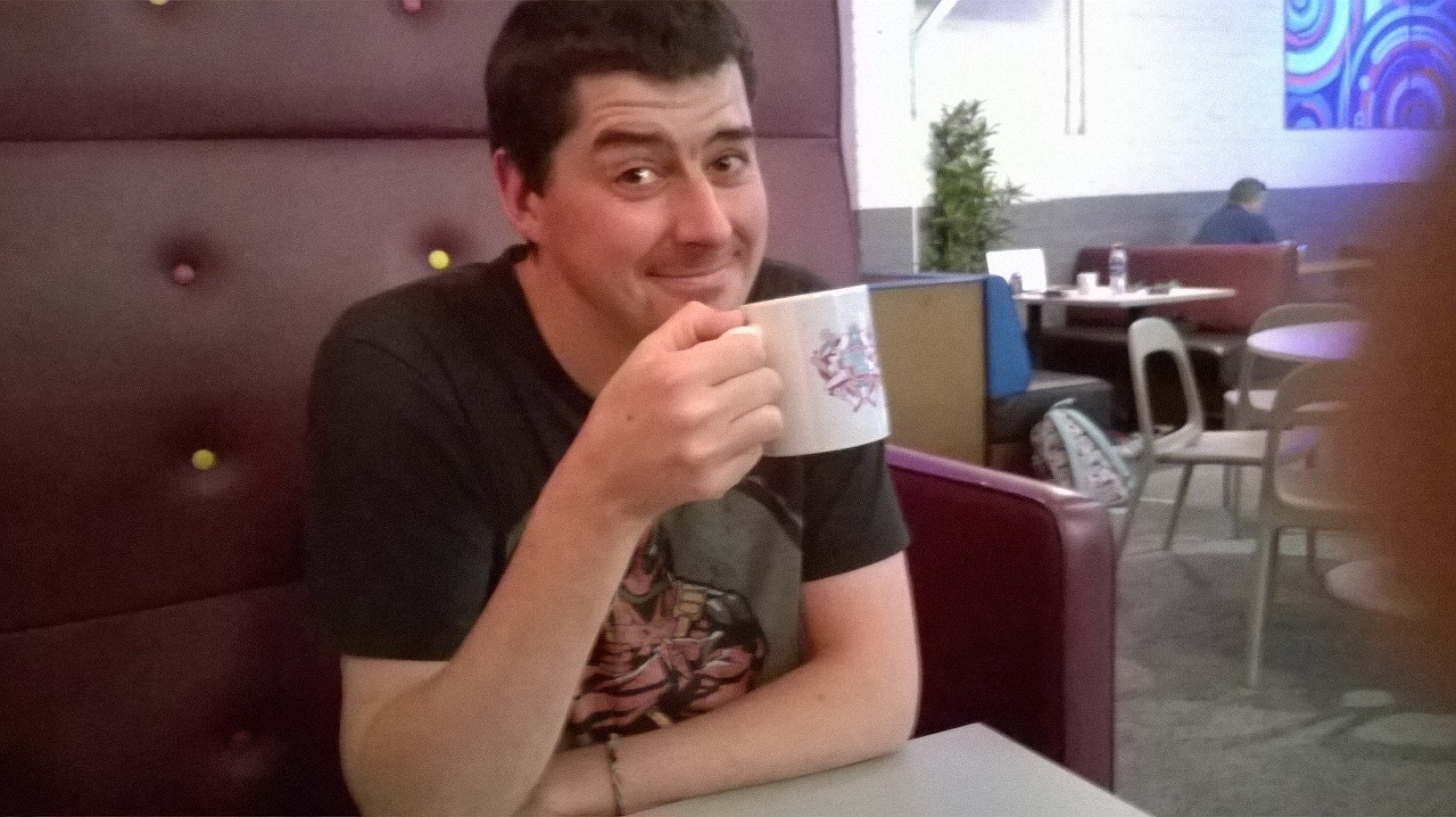Your health, your choice?
- Dr Gerry McCartney
- 31 May 2018
- Health inequality

As populations are made up of individuals, surely the same things explain both? Since if you eat too much, and don’t exercise you gain weight, isn’t the cause of overweight across the whole population just the same?
The reasons why this isn’t necessarily true are one of the biggest causes of confusion around public health. I used to be a GP. When you are a GP you are at the service of the individual who comes to see you. In that role, you have to identify the causes of a particular health issue for that individual – the causes of that individual case. If the issue is obesity, then it may well be an issue with diet or exercise, and these in turn may have their own individual causes. For example, someone with arthritis may struggle to exercise or someone who has low mood may overeat as a coping mechanism.

However, when we work in public health we are concerned with the health of the whole population. What explains individual cases may not be the same as what explains ‘incidence’, or why there are so many cases within a population. So, the rise in the number of people with obesity over the last 25 years in Scotland cannot be easily explained by factors just at the individual level. Why would so many people independently start to eat too much or take less exercise? How could we possible explain such a trend without looking at the common factors that lots of people are exposed to, and how these have changed over time? That is not to say that eating too much and exercising too little isn’t the consequence of these shared factors, but it does mean that only looking at those individual factors doesn’t tell you a lot about why the population overall is becoming overweight or why inequalities are increasing.
With obesity, there are many causes of the population trends. We are all living in a society where we drive more and walk less. We all live in a society where high fat and high calorie food is more affordable than ever before and makes big profits for the food industry. The work available to us is more likely to involve us sitting on a phone or in front of a computer now than it was in the past. All of these changes have affected the population overall, making it a little bit more likely that each one of us eats a little bit too much and exercises a little bit less. When that happens, the number of people classed as obese will change.
The same is true of all our public health challenges today. There are individual factors that make it more or less likely that any particular person will suffer from ill-health or be healthy, but you cannot explain why a particular population is more or less healthy without understanding the things that affect lots of people or even whole populations. The extent to which richer people can protect themselves from those factors which damage health in populations, and take advantage of the factors that make us healthier, is a big part of how we can explain inequalities in health.

The epidemiologist Geoffrey Rose described this is the difference between the causes of cases and the causes of incidence. As we move towards Public Health Scotland, we will need to make sure everyone understands that our business is the health of the population and the extent of inequalities in health in the population. That does involve individuals, but it doesn’t mean that we are going to explain why one person gets sick and another doesn’t. The good news is that public health interventions, by changing the context in which lots of people live all at once, are the most effective and cost-effective way of making lots of individual people healthier. This might include using taxation or regulations to make healthier products more available, and unhealthier products less available, making it easier to make healthy choices.
To subscribe to our blog, email the Communications and Engagement Team.
You can follow Dr Gerry McCartney on Twitter.

